Are you getting ready to put new insulation in your home? You may have heard horror stories from friends, neighbors, and relatives about how their spray foam began to shrink over time. We get it; before insulating your home, you want to be assured that your spray foam insulation will not diminish. Don't worry. We have thoroughly researched the topic and outlined the answer below.
Foam insulation can shrink over time if not installed properly. It must also be installed under the right conditions. However, if you choose the right contractor who is certified and well-versed in spray foam insulation, it will not shrink.
Now you know that proper installation is the key to long-lasting foam insulation, but you may still be skeptical or have other questions. Keep reading to discover more, including whether foam insulation will degrade over time and if it's possible to over-insulate a house.
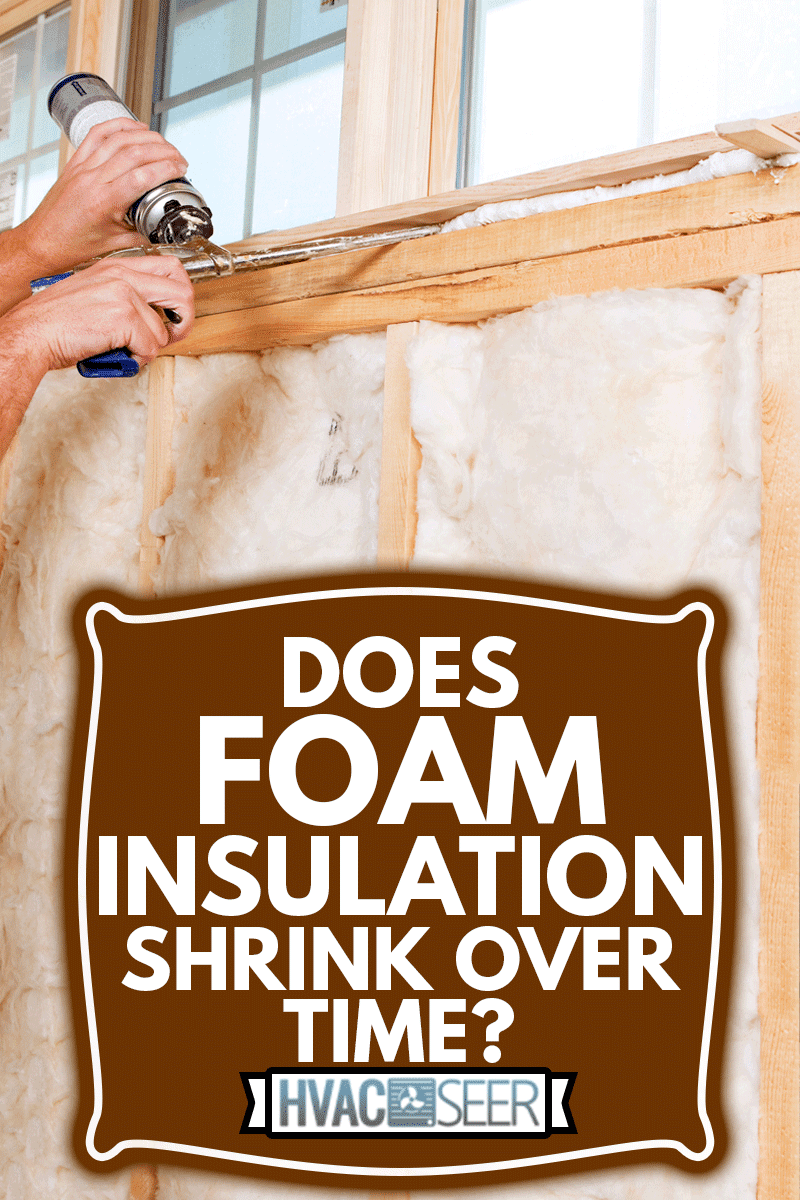
Does Foam Insulation Shrink Over Time?
The answer to this question isn't entirely straightforward. Foam insulation will shrink over time if it's not correctly installed. It must also be installed under the right circumstances. However, if you hire an experienced contractor, your spray foam will not shrink.
When spray foam first hit the market in the 1970s, there were some issues. Over the years, manufacturers have perfected the recipe for foam insulation, fixing the problems and creating a better product.
According to Sunlight Contractors, the following variables will play a significant role in the lifespan of your foam insulation:
- Product quality
- Outdoor temperature during installation
- Surface temperature of the area being insulated
- Humidity
- The temperature of foam at the nozzle
- Temperature of foam inside the truck
- Moisture content on the surface to be insulated
- Quality of equipment
- Method of the product mixture
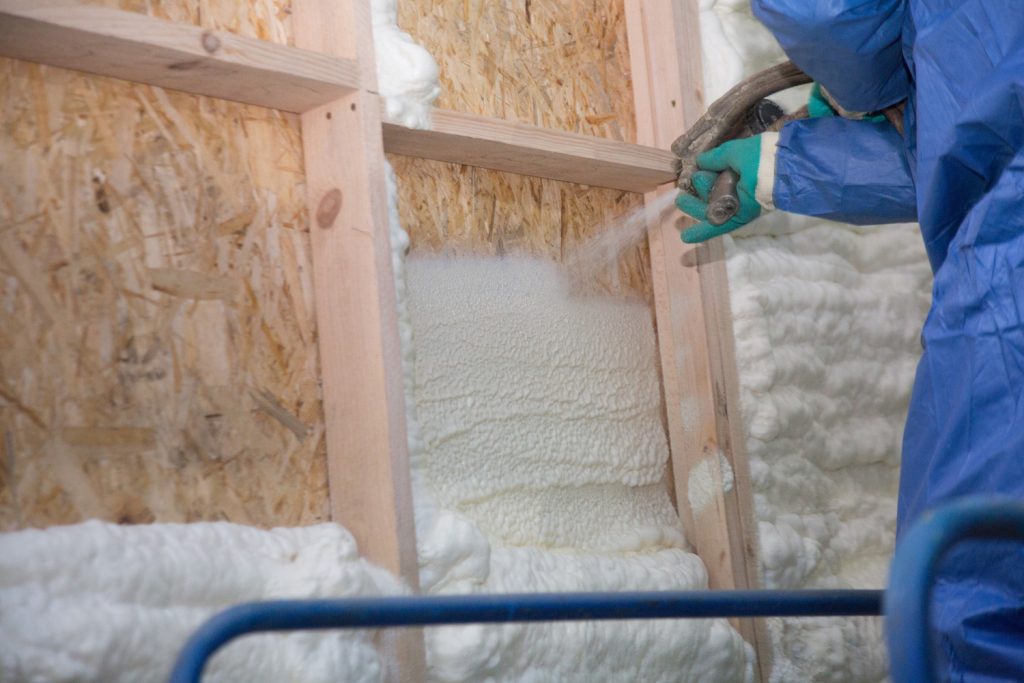
Product Quality
When it comes to foam insulation, not all products are created equal. Before hiring a contractor, you should find out what kind of foam they will be using in your house. You can also purchase foam insulation kits that you can install yourself. If you're considering this method, be aware that this low-pressure spray foam should only be used for small spaces such as doorways and window sills.
You can purchase a foam insulation kit on Amazon.
Temperature
The foam and the application site should maintain a temperature of approximately 70 to 80 degrees Fahrenheit. This can be a tricky process that an experienced contractor will be able to manage.
Humidity and Moisture
Moisture levels should not exceed 18 percent. If the air is humid and the surface is cool or cold, condensation will form, causing unsatisfactory results when installing spray foam. Professionals use a moisture meter to determine the percentage levels.
You can purchase a moisture meter on Amazon.
Proper Mixing Procedures and Installation Equipment
When applying spray foam, contractors need to have the proper equipment. High-pressure machines work best, and mixing machines will create the proper blend of materials.
How Long Does Foam Insulation Last?
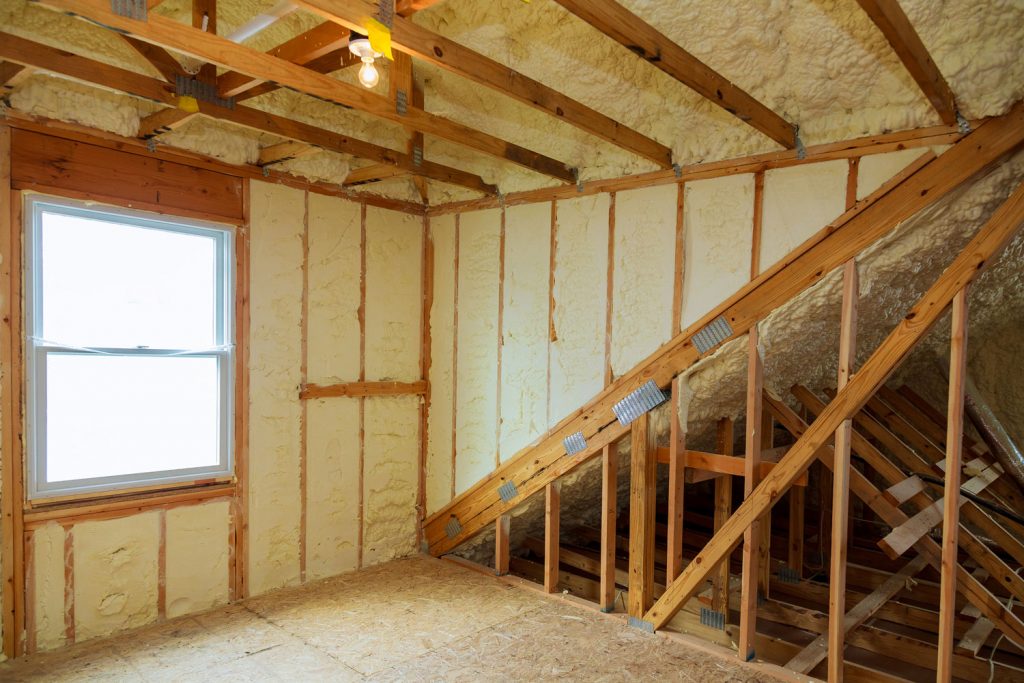
When correctly applied and with regular maintenance, spray foam insulation should last for the life of your home or approximately 80 to 100 years. However, the lifespan of roof/attic insulation is much shorter. With proper care, foam roof insulation should last roughly 30 years.
Does Foam Insulation Lose Effectiveness Over Time?
As mentioned before, the quality of the insulation plays a major role in its effectiveness over time. Cheaper products with less quality materials will lose more effectiveness over time than good-quality spray foams. When determining how effective your insulation will remain, it's important to look at the R-value.
The effectiveness of all insulation is measured in R-value. The higher the value, the better the insulation. Insulation does not maintain its original R-value for very long. When top-quality spray foam is installed, it has an R-value of roughly 10. After approximately six months, that value drops to around 6.5.
However, studies show that other types of insulation, such as fiberglass, have an R-value of approximately 3.5 and can lose up to 50 percent of its value after six months and continue to diminish as it begins retaining moisture. Spray foam, however, will maintain its 6.5 value for decades after installation.
Does Foam Insulation Degrade?
When spray-on insulation first came out in the 1970s, it was made with urea-formaldehyde foam insulation (UFFI). Not only was it banned in Canada and the United States for health reasons, but it was also found to shrink and degrade over time. The health concerns were debunked; however, the chemical makeup was still insufficient for long-term use.
Spray foam is no longer made from UFFI. Instead, it has been replaced with a much more durable spray-polyurethane. Studies show that spray-polyurethane foam insulation ages well and can even withstand excessive heat, and retains little to no moisture.
Is It Possible to Over-Insulate a House?
Poor Ventilation
Not having enough insulation is a well-known problem. It can cause your house to stay cold in the winter and hot during the summer, making your heater and air conditioner work extra hard to maintain the desired temperature of the room.
However, can your home have too much insulation? The answer is yes. Too much insulation can be just as bad for your home as too little insulation. You don't want your residence to be sealed off too tightly. Doing so will leave your house with very little "breathing" room, inviting moisture and mold.
Effects of Mold on Your Body
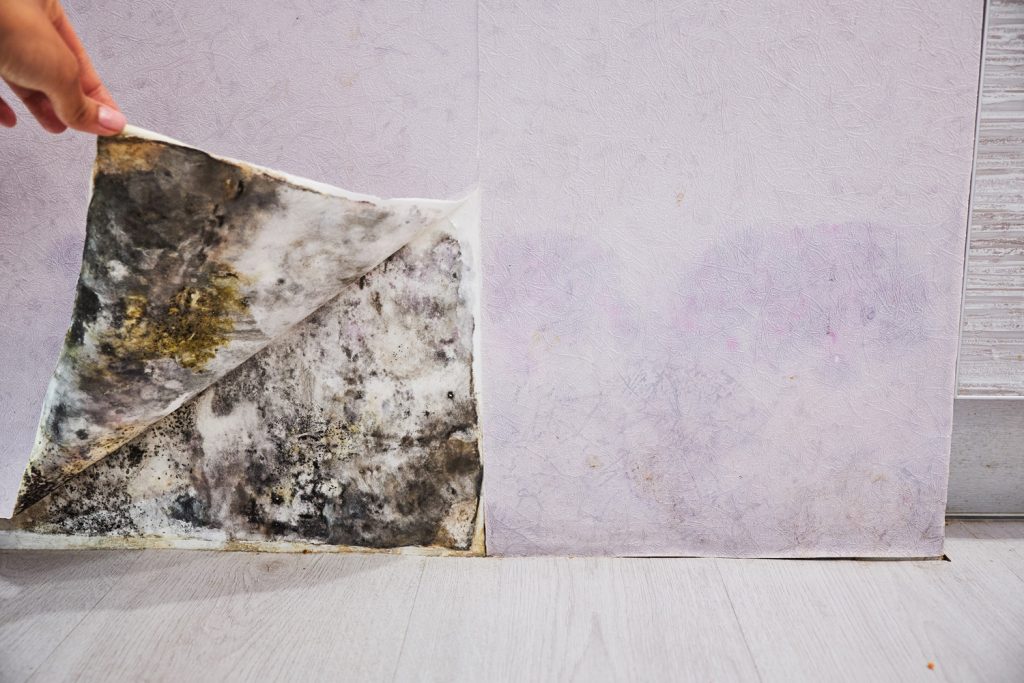
Not only is mold harmful to your house, but it is also bad for your health. It results in poor air quality and a range of respiratory problems, including lung damage, coughing, and asthma attacks. Mold can also lower the effectiveness of your immune system.
Too Much Heat
During the winter, you may notice that your house is staying extra warm and toasty. However, if it has too much insulation, you will begin to notice problems during the summer. Even with proper air conditioning, there will be patches in the house that are colder than others. It won't be easy to maintain a constant temperature in some rooms, especially those on the top floor.
Summary
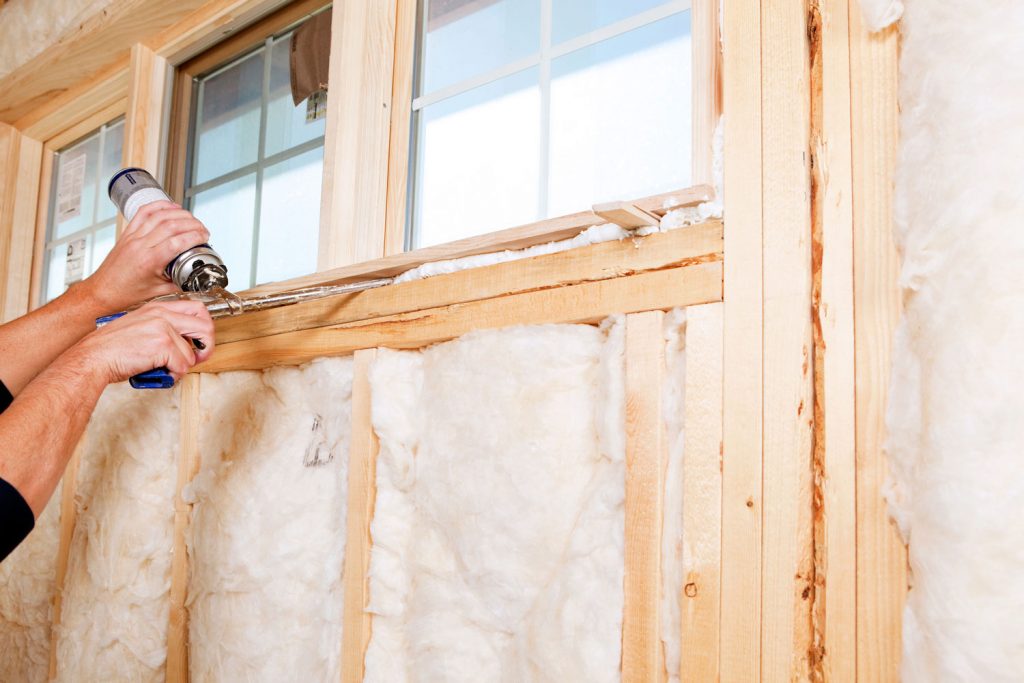
Most people know their houses need proper insulation. However, due to the flawed original design and improper installation, spray foam has gotten a bad reputation. Foam insulation is not as simple to install as other products such as fiberglass.
Instead, all products and surroundings must maintain a specific temperature, humidity, and moisture level during spray foam installation. It also must be mixed well and applied with high-pressure equipment. If applied properly, foam insulation is more effective than other forms of insulation, retaining its R-value for longer and collecting less moisture.
Learn more about the proper temperature settings for spray foam here. If you are still not convinced that foam insulation holds its value and is safe for your family, read our other blog post to learn about nine types of thermal insulation for your home.


